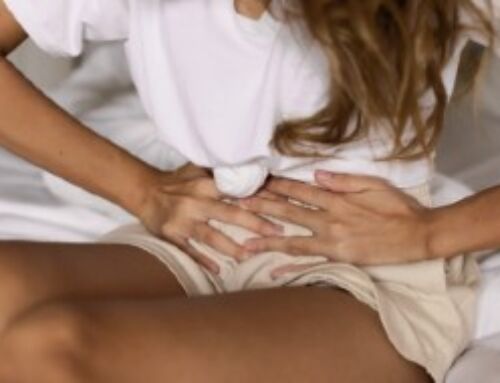The use of mid-urethral slings for the treatment of SUI can be considered dubious, given history of litigation and severe pain syndromes.
Greg Vigna, MD, JD, national neurological injury attorney, practicing physician, and Certified Life Care Planner states, “Shared decision making between a patient and physician is integral with any recommended surgical and non-surgical treatment. The use of mid-urethral slings for the treatment of stress urinary incontinence can be considered dubious, given the litigation history and the severe pain syndromes that they are known to cause.”
Red Flag Waring symptoms of neurological injury to the pudendal and obturator nerve from the transobturator slings include:
- Groin pain
- Hip pain
- Inability to wear tight paints
- Clitoral pain or numbness
- Severe pain that makes vaginal penetration impossible
- Tailbone pain
- Anorectal pain
- Painful bladder with filling
- Pain with sitting
Greg Vigna adds, “The 2020 Joint Position Statement on the Management of Mesh-Related Complications for the FPMRS Specialist was written by the American Urogynecological Society (AUGS) and the International Urogynecological Association (IUGA) that recognizes nerve entrapment as the mechanism of neurological complications caused from the arms of mid-urethral sling device.”
Dr. Vigna continues, “This literature related to the pain from the arms of these devices has been developing for well over fifteen years and to date there still is no warning of risk of nerve entrapment from a properly positioned mid-urethral sling. Women have been going down with serious pain syndromes that destroy mobility and sexual function for over two decades without adequate warning as to the source of pain. All at the same time England is nearing a total ban of the routine use of transobturator slings and mini-slings because of the pain the arms cause as they pass through or into the muscles of the pelvic sidewall.”
“Women have been going down with serious pain syndromes that destroy mobility and sexual function for over two decades without adequate warning as to the source of pain.”— Greg Vigna, M.D., J.D.
Dr. Vigna goes on, “Given the fact that manufacturer’s retained experts continue to point the blame at the implanting physicians while at the same time rejecting entrapment as a cause from a properly positioned device, we are suing doctors with the manufacturers going forward. We want to know what the implanter knew at the time of implant and what they would have liked to know at the time of implantation of a device that has caused serious injury. We have our first combination medical malpractice and product liability claim going to trial in Dallas, Texas in November.”
Dr. Vigna concludes, “The harm caused by the arms of polypropylene transvaginal mesh devices have been the focus of my law firm and my cases were kept out from the courtroom by the complexity of the Multidistrict Litigation (MDL). The MDL is over, and we have six trials going in the next few months. We have combination medical malpractice, product liability claims going through discovery in Massachusetts, Oregon, New York, and Louisiana. More to come.”
Ben C. Martin and Laura Baughman of Martin Baughman, PLLC and Greg Vigna, MD, JD represent women across the country with neurological pain syndromes caused by mid-urethral slings and vaginal mesh. Ben Martin and Laura Baughman are national pharmaceutical injury attorneys in Dallas, Texas. Dr. Vigna is a California and Washington DC lawyer who focuses on catastrophic injuries and the neurological injuries caused by transvaginal mesh devices including pudendal neuralgia, obturator neuralgia, and complex regional pain syndrome.
Learn more on the anatomical basis for TOT complications including obturator and pudendal neuralgia and the treatments of obturator and pudendal neuralgia and click here for a FREE BOOK on Vaginal Mesh Pain.
For articles, video resources, and information visit the Pudendal Neuralgia Educational Portal or https://tvm.lifecare123.com/ and visit https://tvm.lifecare123.com/slingebook.html for information regarding sling related complications.
Consent Order:
https://www.clydeco.com/clyde/media/fileslibrary/Consent_Judgment_-_Ethicon.pdf
2020 AUGS-IUGA Joint Position Statement on the Management of Mesh-Related Complications for the FPMRS Specialist (See extrapelvic pain):
https://www.augs.org/assets/1/6/Joint_Position_Statement_on_the_Management_of.99428.pdf
https://www.nice.org.uk/guidance/ng123/resources/2021-exceptional-surveillance-of-urinary-incontinence-and-pelvic-organ-prolapse-in-women-management-nice-guideline-ng123-pdf-11606677273285
Greg Vigna, MD, JD
Vigna Law Group
+1 800-761-9206
email us here
Visit us on social media:
Facebook
Twitter
LinkedIn





